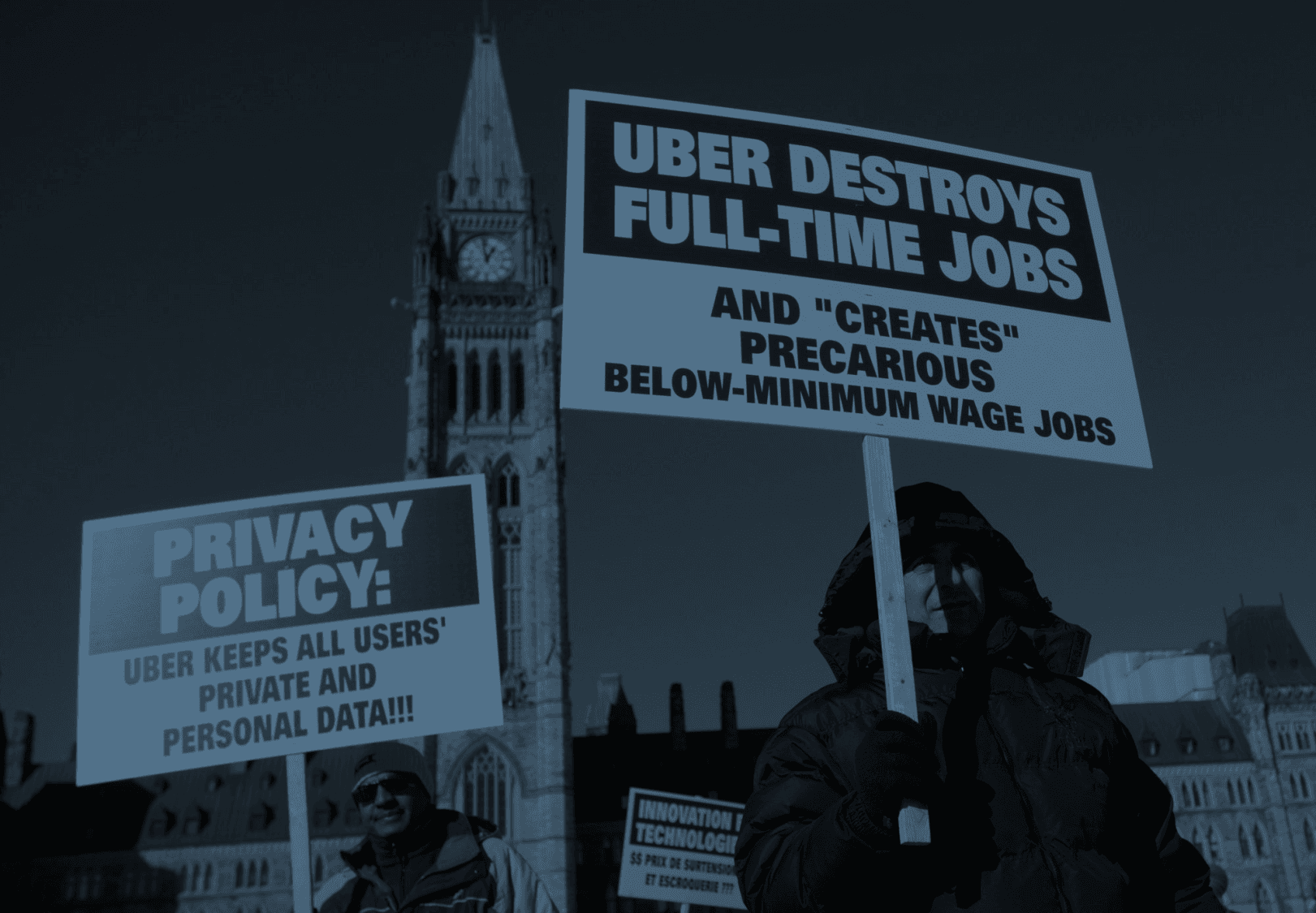
Call For Papers Data, Privacy, and The Individual
- Home
- News And Events
- Events
- Call For Papers Data, Privacy, And The Individual
SUMMARY
The Center of the Governance of Change (CGC) at IE is seeking contributions from established or promising younger researchers for its incoming report on Data, Privacy, and the Individual in the Digital Age.
This report is part of a broader international project supported by Telefonica, one of the largest telephone operators and mobile network providers in the world, that seeks to find new ways to extract information from big data while respecting the privacy rights of citizens/costumers.
Authors will receive appropriate remuneration for participating in the report; honoraria will range from 1,000€ to 3,000€, depending on the contribution.
DETAILS
If you would like to attend the event, please sign up!
CFP 1 - Ethics of Privacy
CFP 2 - Differential Privacy
Deadlines & Details
Contact
Increasingly, the economy is being fueled by data. Both online and offline, our financial transactions, movements, communications, relationships, and interactions with governments and businesses all generate data that is being collected, sold, and bought by data brokers and corporations interested in profiling individuals. As the collection and analysis of data becomes more sophisticated and accurate, and as data sets grow to become Big Data, the opportunities ahead seem infinite. The risks, however, are also great, as the information being handled about individuals is extremely sensitive.
The Center for the Governance of Change invites scholars to submit proposals in the form of 400-word abstracts (in English) on the ethics of privacy. Authors of accepted submissions will then be invited to submit a paper (between 2,000 and 5,000 words long) which will be published as part of an open report being prepared in the context of a research programme on Data, Privacy, and the Individual, in collaboration with Telefónica.
Authors will receive appropriate remuneration for participating in the report; honoraria will range from 1,000€ to 3,000€ (withholding tax may apply depending of the researcher’s country), depending on the contribution.
Questions to be addressed include (but are not limited to):
- What is privacy? Why is it important? What are the risks of breaching people’s privacy, and what are the requirements to respect it?
- What kinds of information is it ethical for institutions to collect and/or infer? Are there some kinds of data that should never be collected and/or inferred?
- What is the moral significance of Big Data (as opposed to data)?
- What should the future of the data economy look like?
- What is the role of consent in the collection and processing of sensitive data?
- What are the weakest aspects of the GDPR in the context of the ethics of privacy and what kind of legislation can we expect in the future that might improve on the GDPR?
- What does it take for a company to be accurately deemed trustworthy when it comes to privacy practices?
Authors should bear in mind that our target audience for this report are policy makers and the public at large.
Increasingly, the economy is being fueled by data. In 2017, The Economist went so far as to assert that “the world’s most valuable resource is no longer oil, but data.” Fierce competition is pushing companies around the globe and in every sector to collect and analyse as much data as possible. At the same time, we are continually witnessing privacy scandals that show how data is not only valuable, but also vulnerable. In turn, this vulnerability is passed on to data subjects, who are put in danger through privacy leaks (as they risk identity theft, extortion, etc.), companies who collect and analyse data (as data leaks can lead to the exposure of business secrets, as well as expensive lawsuits and loss of reputation), and society itself (as the Cambridge Analytica scandal is showing, privacy blunders can go so far as to erode democracies).
Companies and institutions wishing to remain competitive through the use of data while respecting users’ privacy face an important challenge. One of the most promising ways to do so is through differential privacy—a cryptographic framework designed to introduce enough mathematical noise into a database such that researchers can still derive useful and accurate conclusions from the data without having the power to access or identify individual records.
The Center for the Governance of Change invites scholars to submit proposals in the form of 400-word abstracts on the challenges and promises of differential privacy.
Authors of accepted submissions will then be invited to submit a paper (between 2,000 and 5,000 words long) which will be published as part of an open report being prepared in the context of a research programme on Data, Privacy, and the Individual, in collaboration with Telefónica. Authors will receive appropriate remuneration for participating in the report; honoraria will range from 1,000€ to 3,000€ (withholding tax may apply depending of the researcher’s country), depending on the contribution.
Questions to be addressed include (but are not limited to):
- What are the strengths and weaknesses of this method of processing data?
- What can we learn from studying success and failure cases in the use of differential privacy in international companies such as Apple, Google, and Uber?
- What kinds of information and uses are more appropriate to differential privacy?
- How can institutions and companies comply with the GDPR by implementing differential privacy?
- How does differential privacy compare to other cutting-edge methods of managing personal data (e.g. homomorphic encryption)?
Authors should bear in mind that our target audience for this report are policy makers, institutions and companies, and the academic community.
Please send abstracts to cgc.applications@ie.edu by 19 August 2018.
Deadline for subsequent papers will be December 2018.
The final report will be published and presented in a public event by early 2019.
Applications will be assessed by a committee composed of experts.
The GCG may decide not to select any paper for the above research topics if, in its opinion, no application of sufficient quality has been submitted.
Selected applicants will be required to summit a high-quality, original research paper which must meet, at the CGC’s discretion, the overall standard expected of papers published in internationally renowned and peer-reviewed academic journals.
After the submission of the first draft, researchers may be asked to do some changes on the paper.
Once the final paper has been submitted, researchers might be invited to present their work in a CGC event. The CGC will be responsible for their transportation and accommodation in that case.
The honoraria will be paid upon submission of the final paper, and acceptance by the CGC.
If you have any questions please, email our Program Director, Dr. Carissa Véliz (carissa.veliz@philosophy.ox.ac.uk).




